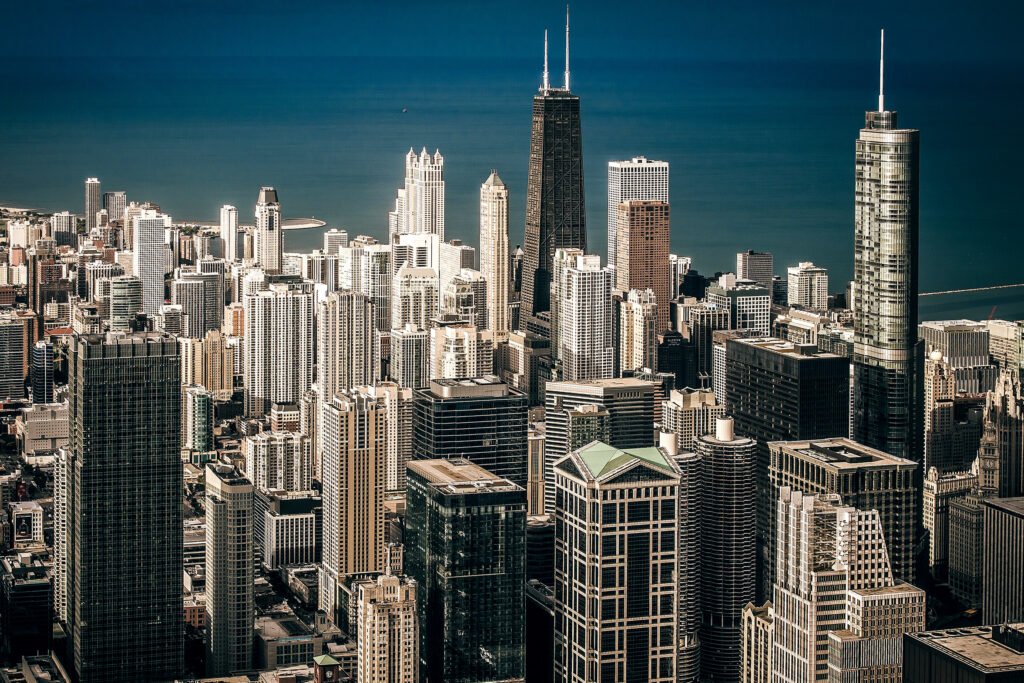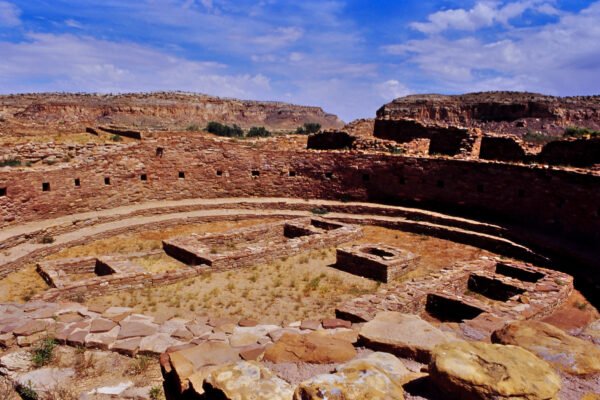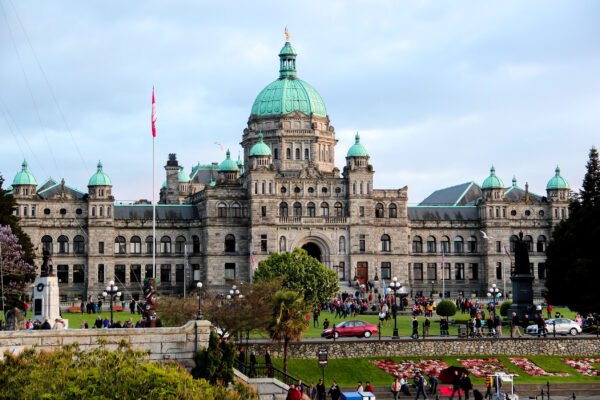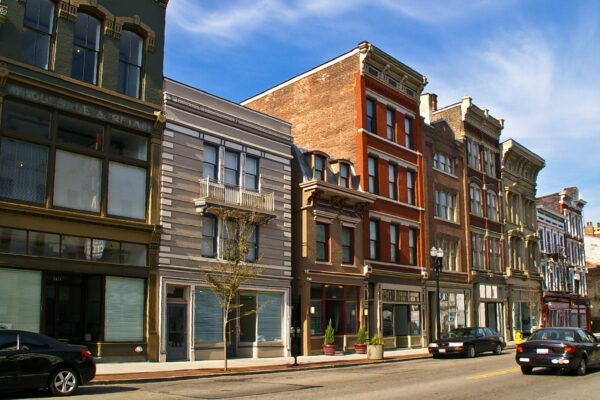The Story of Chicago’s Nicknames

City nicknames often act as a cultural shorthand, a quick way to capture the spirit, history, and character of a place. They tell stories of triumph, challenge, and identity. That is true of Chicago and its nicknames as much as it is for any city in the world.
This article explores the origins and histories behind Chicago’s most prominent nicknames, examining how these powerful labels have shaped the city’s reputation and secured its legacy in the American story. We will look at each nickname individually before seeing what they reveal about Chicago when viewed together.
Exploring Chicago’s Iconic Nicknames
Each of Chicago’s nicknames offers a unique window into a different era of its history, from its industrial peak to its cultural renaissance.
The Windy City
Perhaps the most famous of all, “The Windy City” did not originate from the breezes coming off Lake Michigan. Instead, its roots lie in the late 19th century, born from the boastful talk of Chicago’s politicians and promoters. As Chicago competed with cities like Cincinnati and New York for the honor of hosting the 1893 World’s Columbian Exposition, its leaders championed their city with great enthusiasm.
Rival newspaper editors, notably Charles Dana of the New York Sun, used the term “The Windy City” to mock what they saw as the “hot air” and empty bragging of Chicago’s advocates. Despite this derisive origin, Chicagoans embraced the nickname. It evolved into a beloved identifier that captures the city’s bold ambition and enduring resilience, shaping a perception of Chicago as a place of dynamic energy. Today, it is used widely in tourism and media, reinforcing a reputation for vitality even while playing into old stereotypes of bluster.
The Second City
This nickname has a fascinating dual origin. First, it referred to the city’s remarkable rebirth after the Great Chicago Fire of 1871. As Chicago rose from the ashes, it became a new, or “second,” city, pioneering innovative architecture like the skyscraper.
Later, in 1952, New Yorker writer A.J. Liebling used the term in his book Chicago: The Second City to frame the city as culturally and economically secondary to New York, pointing to issues like political corruption. However, in 1959, an improvisational comedy theater boldly adopted the name. The Second City theater turned the label from an insult into a badge of honor, launching the careers of countless comedy legends. This reclamation highlights Chicago’s self-deprecating humor and resilience. The nickname now underscores the city’s ability to challenge notions of inferiority by making unique and powerful contributions to American arts and culture.
City of Big Shoulders
This powerful name comes directly from Carl Sandburg’s 1914 poem, “Chicago.” He described the city as:
“Stormy, husky, brawling,
City of the Big Shoulders.”
Sandburg’s words painted a picture of early 20th century Chicago as a powerhouse of industry, driven by a strong working class. It was a national hub for meatpacking, railroads, and manufacturing, and the poem’s imagery of broad-shouldered laborers reflected the grit and physical strength that built the nation. This nickname has cemented Chicago’s legacy as a symbol of determination and a blue-collar beacon of America’s industrial age. While the city’s economy has since transitioned, the name remains a testament to its foundational character.
Chi-Town
An informal and affectionate moniker, “Chi-Town” emerged in the early 1900s as a simple shortening of “Chicago.” Its popularity grew significantly through music and popular culture, especially in hip hop tracks by artists like Chicago native Kanye West. This naming pattern is common for other American cities, such as “H-Town” for Houston.
Among locals, there is some debate about whether “Chi-Town” is an authentic local term or one used more by outsiders. Regardless, its use conveys a casual, vibrant, and modern urban vibe. This nickname contributes to the city’s reputation as an approachable and culturally diverse place, making it appealing to younger generations and travelers, even if some find it a bit simplistic.
City in a Garden
This nickname is rooted in Chicago’s official motto, “Urbs in Horto,” a Latin phrase meaning “City in a Garden.” Adopted in the 1830s, this motto signaled a deep commitment to integrating green spaces into the urban landscape, a forward-thinking goal for a city built on marshland.
This vision was brought to life through historic urban planning efforts, including the creation of an extensive park system designed by visionaries like Frederick Law Olmsted. These beautiful parks and boulevards stood in stark contrast to the city’s industrial image. The nickname “City in a Garden” has helped shape Chicago’s legacy as a model for balanced urban living, enhancing its reputation for livability and attracting people who seek a blend of nature and a bustling city life.
Hog Butcher for the World
Also from Carl Sandburg’s 1914 poem, “Hog Butcher for the World” captures Chicago’s absolute dominance in the 19th and early 20th century meatpacking industry. The establishment of the Union Stock Yards in 1865 revolutionized how food was processed and distributed globally.
Chicago quickly surpassed Cincinnati as the nation’s leading pork processor, becoming an essential hub in the country’s food supply chain. This nickname symbolizes the city’s role as a powerful economic engine and a center of innovation in labor and logistics. While modern perspectives may critique the industry’s historical practices, the name remains a vital part of understanding Chicago’s transformation into an urban and industrial giant.
What Chicago’s Nicknames Reveal About the City
Taken together, these nicknames paint a rich and multifaceted portrait of Chicago. They reveal a city forged by fire, industry, and intense rivalry. They highlight core themes of ambition (“The Windy City”), resilience (“The Second City”), hard work (“City of Big Shoulders,” “Hog Butcher for the World”), and foresight (“City in a Garden”).
These names show how Chicago has always played a crucial role in the American narrative, from powering its industrial expansion to exporting cultural touchstones like improvisational comedy and modern architecture. They have influenced everything from tourism campaigns to the city’s own self-image, fostering a deep sense of pride that persists through adversity.
From its 19th century boom to its modern status as a global hub for finance, arts, and sustainability, Chicago’s nicknames encapsulate its evolution. They tell the story of a quintessentially American city, a place that embodies both our dreams and our struggles.
Want to know more about Chicago’s history? Check out our article on the origins of the city’s name.
Further Readings & Resources
The following sources and links are accurate as of the publication date of this article.



Leave a Reply